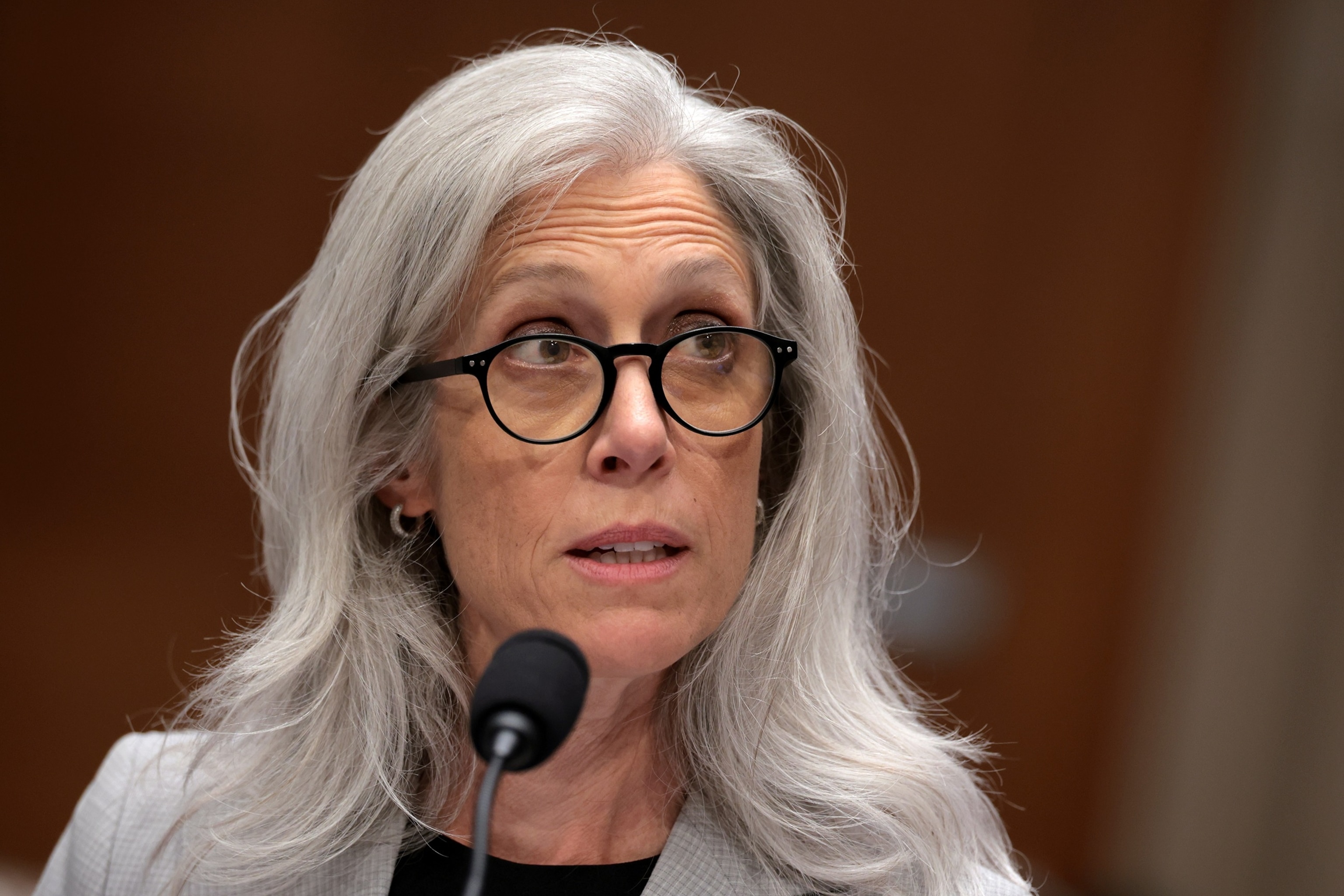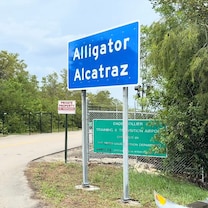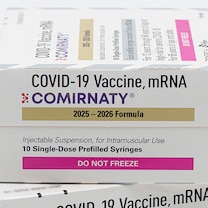Showdown at CDC as director refuses to leave, amid pressure from Trump administration

Lawyers for Centers for Disease Control and Prevention (CDC) Director Susan Monarez said Wednesday evening that she would not leave her post as a top public health official, despite attempts by White House officials and Health and Human Services Secretary Robert F. Kennedy Jr. to oust her for "protecting the public" over "a political agenda."
"When CDC Director Susan Monarez refused to rubber-stamp unscientific, reckless directives and fire dedicated health experts, she chose protecting the public over serving a political agenda. For that, she has been targeted," Monarez's lawyers Mark Zaid and Abbe Lowell said in a statement.
The showdown began as a disagreement over demands from Kennedy and Stefanie Spear, his principal deputy chief of staff, for Monarez to support changes to COVID vaccine policy and firings of high-level staff, a source familiar with the conversations told ABC News, which Monarez would not commit to.
HHS then announced that Monarez was "no longer director" of the CDC, which touched off a wave of high-level resignations from CDC officials in protest and, ultimately, a fiery response later Wednesday evening from Monarez's lawyers, who said she wouldn't resign.

The White House, which has the authority to dismiss Monarez, followed up late Wednesday night with a statement from spokesperson Kush Desai, who said Monarez was indeed "terminated."
"As her attorney's statement makes abundantly clear, Susan Monarez is not aligned with the President's agenda of Making America Healthy Again. Since Susan Monarez refused to resign despite informing HHS leadership of her intent to do so, the White House has terminated Monarez from her position with the CDC," Desai said.
But Monarez's lawyers again pushed back, arguing that because Monarez was appointed by President Donald Trump to the post — the first CDC director to go through a Senate confirmation process — Trump had to personally dismiss her.
"For this reason, we reject the notification Dr. Monarez has received as legally deficient and she remains as CDC Director. We have notified the White House Counsel of our position," Zaid and Lowell said in a statement.
Monarez, the recently sworn-in director of the CDC, was confirmed by the Senate just four weeks ago.
Monarez was the second nominee for the position, after Trump's first nominee, Dave Weldon, didn't appear to have the votes for a Senate confirmation, in part because of his history of vaccine skepticism.
Monarez, during her confirmation hearing, was clear about her support for vaccines: "I think vaccines save lives. I think that we need to continue to support the promotion of utilization of vaccines," she said in July.
But over the last few months, her boss, Kennedy, has made significant changes to vaccine policy, particularly for COVID vaccines, that have the potential to limit access to the shot.
Earlier Wednesday, Kennedy's FDA narrowed the scope for who will be approved to get the updated vaccines available this fall and winter.
The latest vaccines were only approved for elderly people -- adults aged 65 and older -- and for younger people if they have at least one underlying condition that puts them at higher risk for severe illness, departing from the prior guidance that everyone 6 months and older should get vaccinated.
The FDA decision will come before the CDC later this month, where Monarez and a committee of advisers, recently all replaced with handpicked choices by Kennedy, would've had the chance to weigh in — and Monarez would've ultimately needed to sign off.
In March, Kennedy also oversaw a change to the pediatric vaccine schedule, shifting to a "shared clinical decision making" model that leaves the decision to vaccinate children against COVID to parents, alongside advice from a doctor.
Kennedy has defended the vaccine policy changes as advancing "science, safety, and common sense."
Following HHS's statement about Monarez's departure, four other senior career officials at the CDC also resigned, according to emails obtained by ABC News.
Deb Houry, Chief Medical Officer and Deputy Director for Program and Science at CDC, Dan Jernigan, Director of the National Center for Emerging and Zoonotic Infectious Diseases, and Demetre Daskalakis, Director of the National Center for Immunization and Respiratory Diseases, sent emails to colleagues on Wednesday night informing them that they'd submitted their resignations, each mentioning changing policies at CDC.
Jennifer Layden, Director for the Office of Public Health Data, Surveillance, and Technology, resigned as well.
"I am not able to serve in this role any longer because of the ongoing weaponizing of public health," Daskalakis wrote in his departure email to colleagues.
"You are the best team I have ever worked with, and you continue to shine despite this dark cloud over the agency and our profession," he said.
Houry, who has worked at CDC through Democrat and Republican administrations, said "the science at CDC should never be censored or subject to political pauses or interpretations."
"I am committed to protecting the public's health, but the ongoing changes prevent me from continuing in my job as a leader of the agency. This is a heartbreaking decision that I make with a heavy heart," Houry wrote.
Republican Sen. Bill Cassidy, who has oversight of HHS as chair of the Senate committee focused on health, committed Wednesday night to looking into the high-profile departures.
The wave of departures comes during a tumultuous time for the CDC, just a few weeks after a shooting on the main campus in Atlanta that hit multiple buildings. Authorities said they found the alleged shooter had been harboring years-long grievances with the COVID-19 vaccine.
Monarez's departure was first reported by the Washington Post.
ABC News








